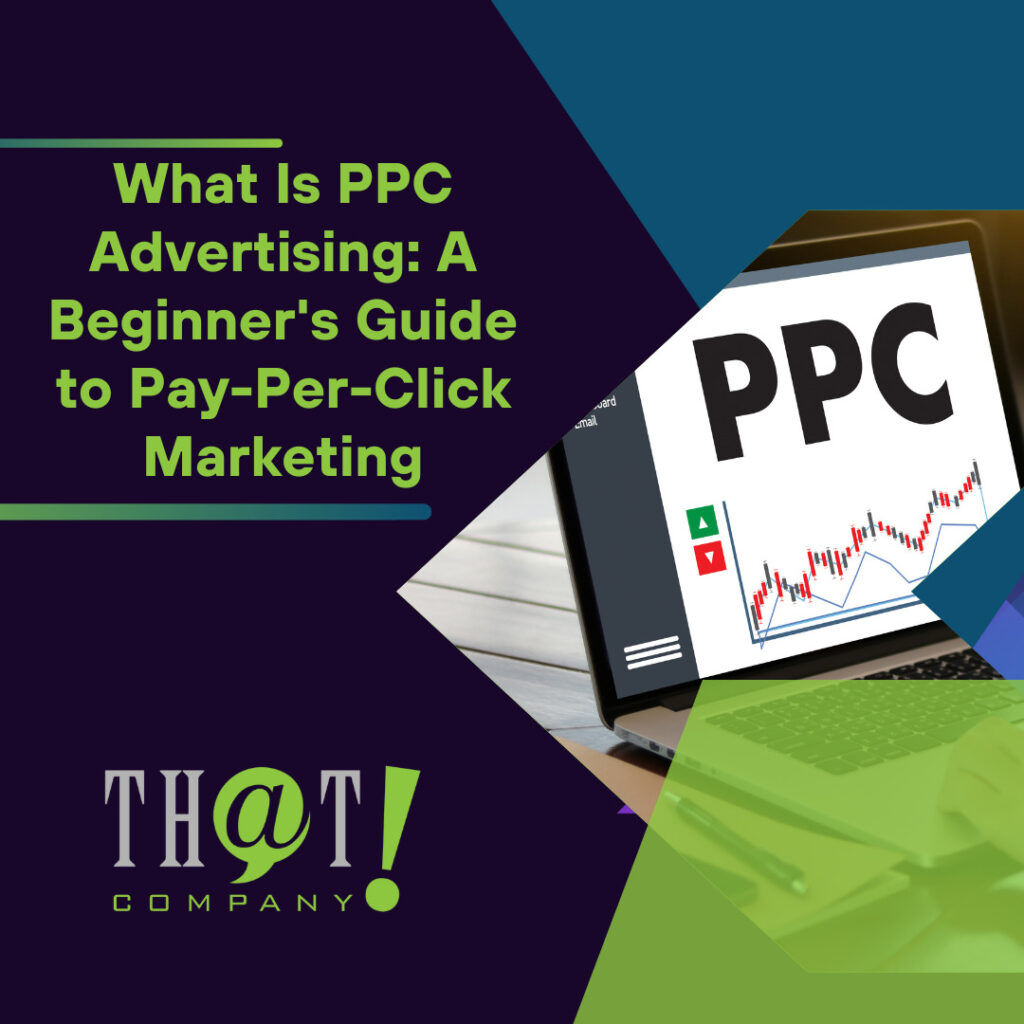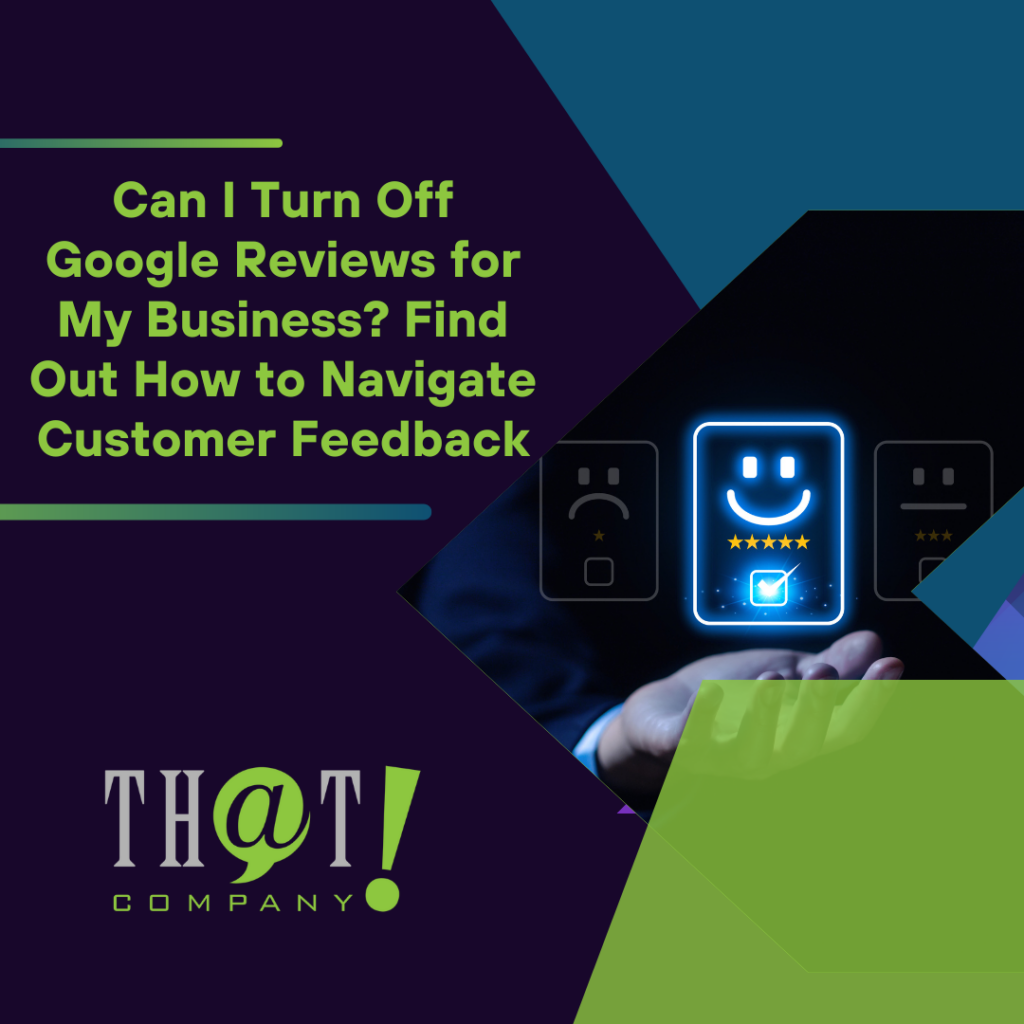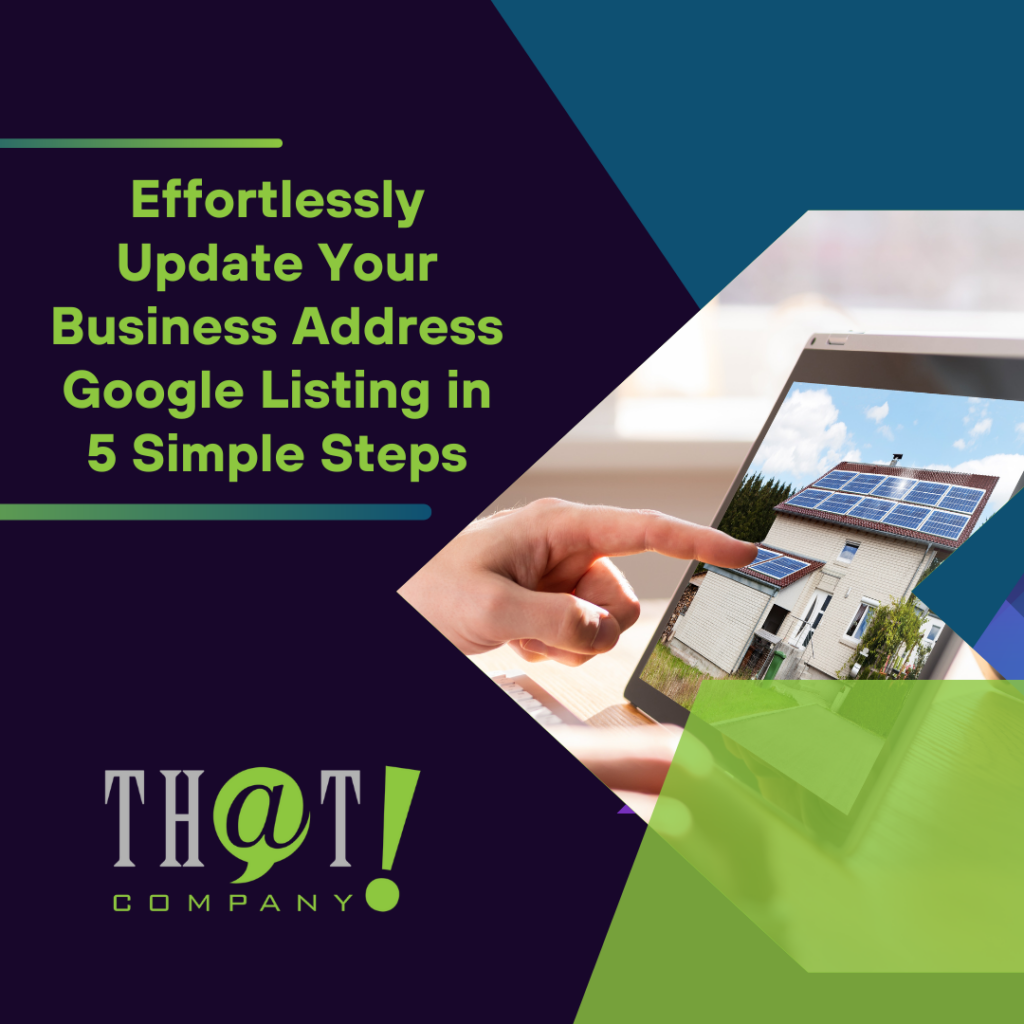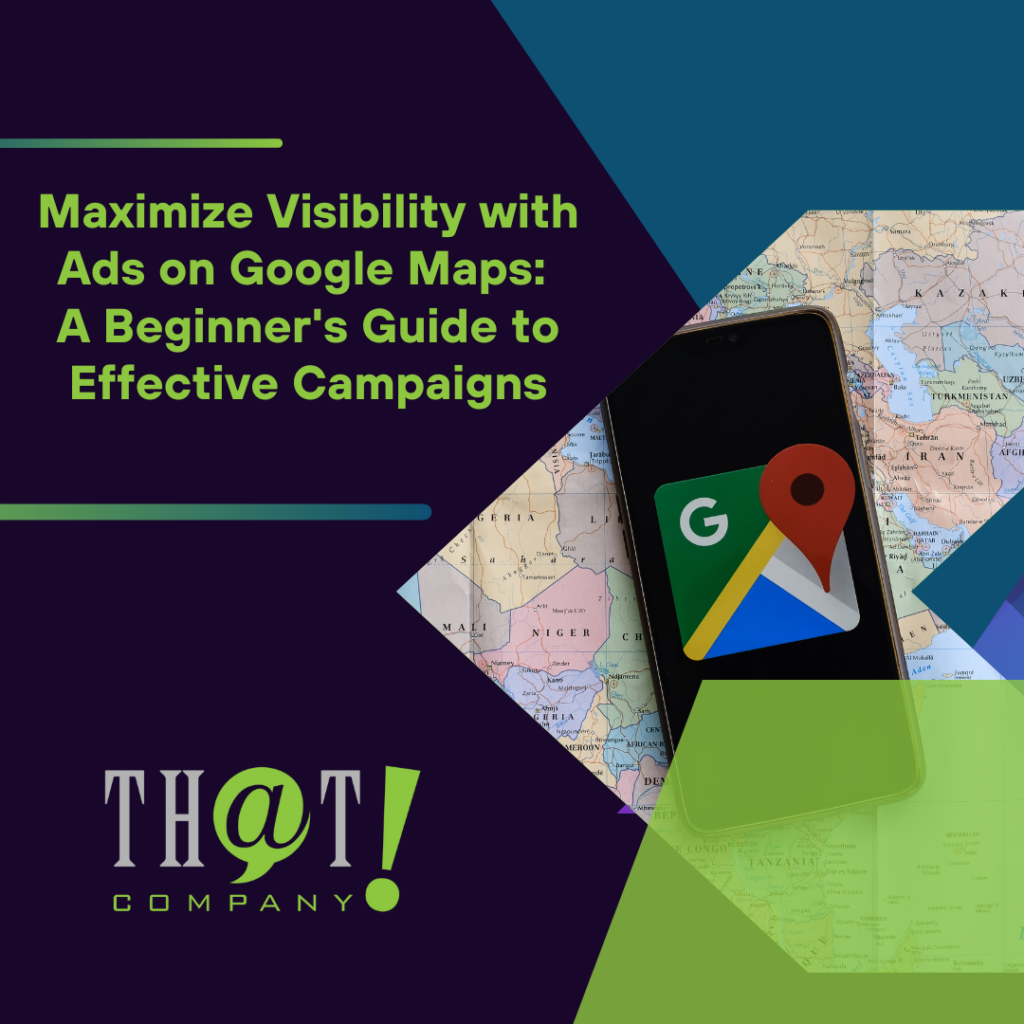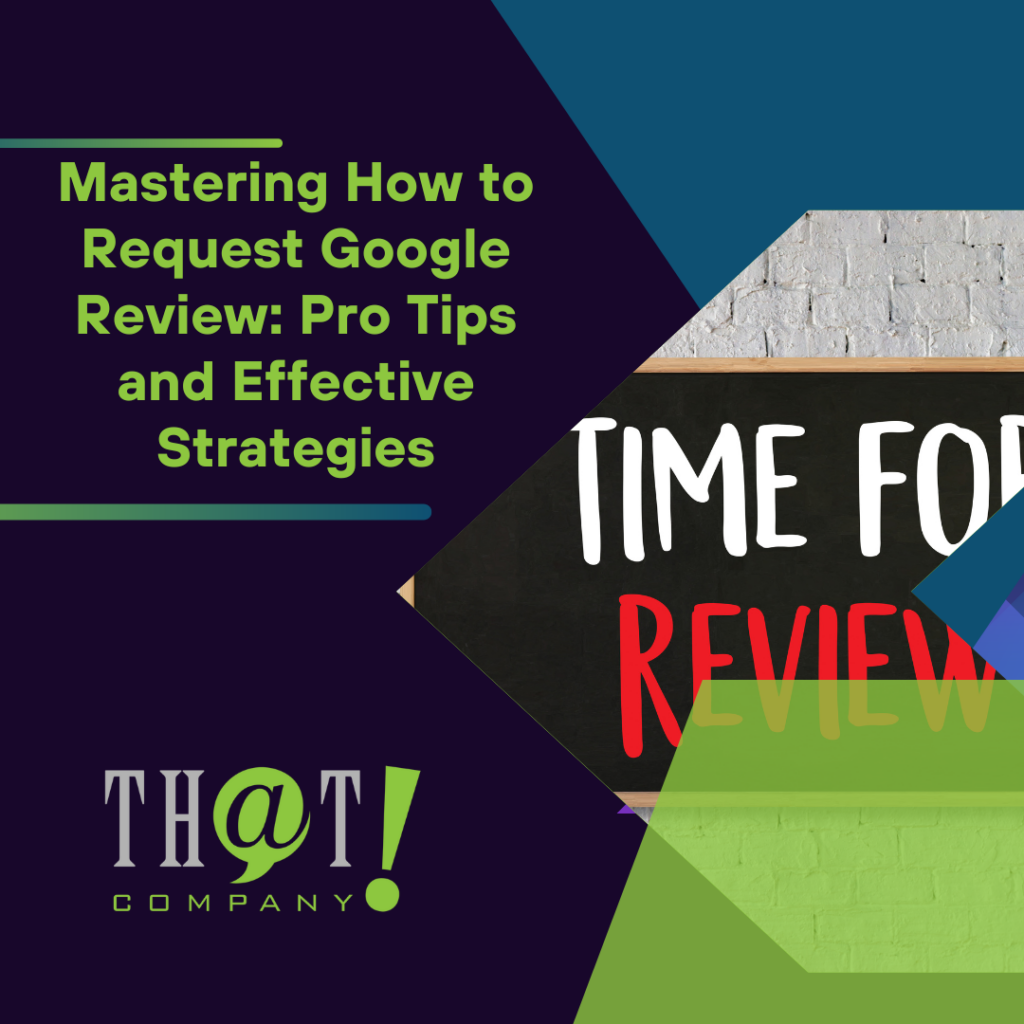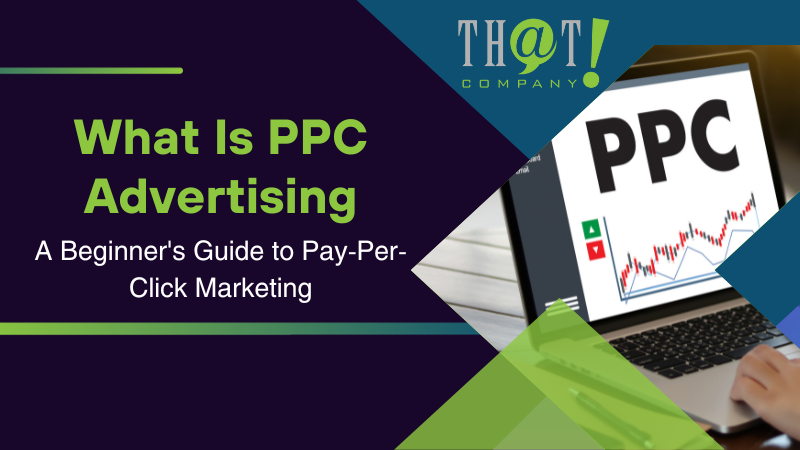
Imagine reaching your ideal customers right when they’re searching for the products or services you offer. Sounds like a dream come true, right? This is precisely what PPC advertising can do for your business. As a powerful digital marketing strategy, PPC advertising has helped countless businesses drive targeted traffic, generate leads, and boost sales. But what is PPC advertising, and how can you leverage it to grow your business? Let’s find out!
In this blog post, we’ll guide you through the world of PPC advertising, from understanding the basics to mastering the top platforms and optimizing your campaigns for maximum performance. We’ll also explore white label PPC services as a way to grow your agency and provide valuable insights on measuring and optimizing PPC campaign performance. So, let’s get started.
Key Takeaways
- PPC advertising is an online marketing model that allows businesses to gain control over ad spend and visibility.
- Advertisers can use various targeting options, such as search ads, display ads & social media campaigns to reach their target audience.
- White label PPC services provide cost-effectiveness, increased client satisfaction & reselling of PPC at its price for agencies.
Understanding PPC Advertising
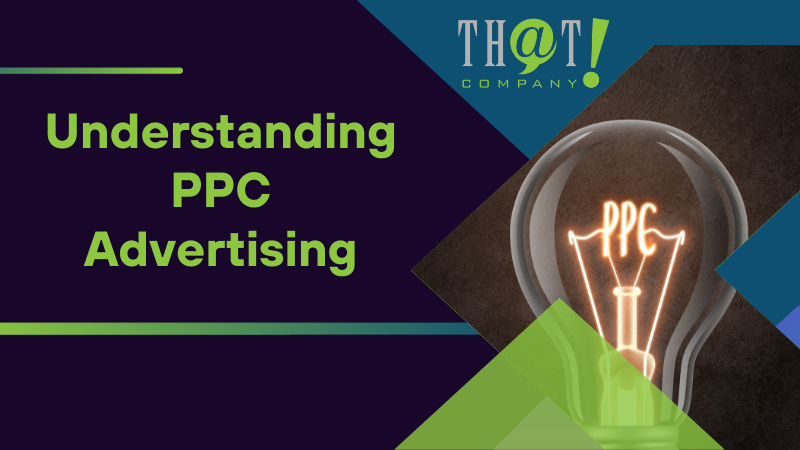
Pay-per-click PPC advertising, also known as paid search, is an online marketing model where advertisers pay a fee each time their ad is clicked, driving traffic to their website or landing page. This advertising model appears on search engines and social media platforms, making it a cornerstone of digital marketing. In search engine advertising, PPC ads are displayed on search engine results pages (SERPs) alongside organic results, making them highly visible and potentially more likely to be clicked by users.
This advertising model is different from traditional online advertising models, where advertisers pay for ad placements regardless of user engagement. In the PPC model, advertisers only pay when users interact with their ads, making it a more cost-effective and targeted approach to online advertising. With PPC advertising, businesses can gain greater control over their ad spend, while also benefiting from increased visibility on search engine results from pages and social media platforms.
How PPC Works
The process of PPC advertising revolves around an ad auction system. When a user performs a search, an auction takes place to determine which ads will be displayed and in what order. Google, for example, uses Ad Rank to make these decisions, which are based on factors such as the bid amount and the quality of the ad. By targeting relevant keywords and optimizing ad copy, businesses can improve their ad performance and increase the likelihood of their ads being displayed in prominent positions on SERPs.
Various ad formats and targeting options are available in PPC platforms like Google Ads and Microsoft Advertising to help advertisers reach their target audience effectively. Advertisers can create:
- Search ads
- Display ads
- Video ads
- Social media ads
Each ad format has unique targeting options and formats. These targeting options can include location, demographics, interests, and behaviors, allowing advertisers to refine their PPC campaigns and drive targeted traffic to their website or landing page.
Types of PPC Ads
In the world of PPC advertising, various ad types cater to different objectives and platforms. The most common type is search ads, which appear at the top of search engine results pages (SERPs) when users enter a specific query or keyword. These ads are highly targeted and can drive relevant traffic to an advertiser’s website or landing page.
Other types of PPC ads include:
- Display ads: typically, banner or graphical ads that appear on websites, apps, and other digital properties
- Video ads: use video content to promote a product, service, or brand on platforms like YouTube or social media networks
- Social media ads: allow advertisers to target users on platforms like Facebook, Instagram, LinkedIn, and Twitter, based on demographics, interests, and behaviors.
Each ad type offers unique features and targeting options, enabling advertisers to reach their desired audience and achieve their marketing goals.
Top PPC Platforms and Their Features
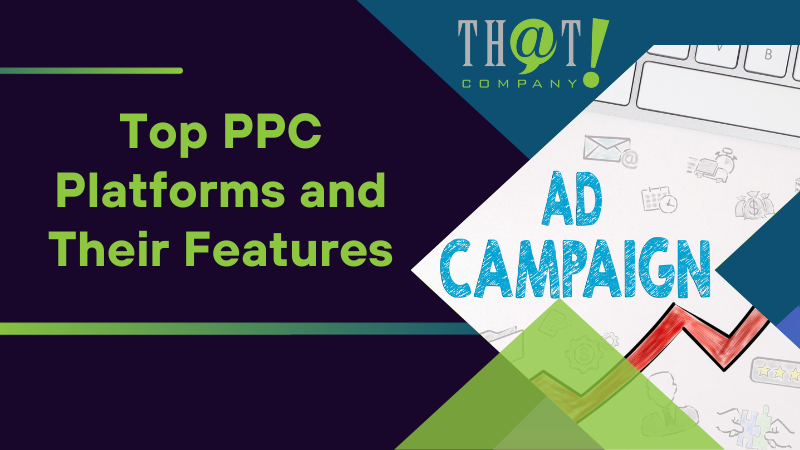
When it comes to PPC advertising, several platforms dominate the landscape, including Google Ads, Microsoft Advertising, and various social media platforms. Each platform offers unique features, targeting options, and ad formats, enabling advertisers to create highly targeted and effective PPC campaigns.
By understanding the features and capabilities of each platform, businesses can devise a comprehensive PPC strategy that leverages the strengths of each platform and helps them achieve their marketing objectives. We will examine these popular PPC platforms and their features in the subsequent paragraphs.
Google Ads
Google Ads is the largest and most popular PPC platform, allowing advertisers to:
- Create ads that appear on Google search results and other Google properties
- Reach a vast audience
- Utilize advanced targeting options
- Drive targeted traffic
- Generate leads
- Boost sales
Google Ads is a go-to choice for many businesses looking to achieve their search engine marketing goals through effective ad groups, and managing a Google Ads account can help streamline this process.
Some of the unique features offered by Google Ads include:
- Above-The-Fold CPM Bidding on the Display Network
- Custom Reporting
- Ad Location Targeting
- Tailored Campaigns
These features, combined with the platform’s extensive reach and powerful targeting capabilities, make Google Ads an essential component of any successful PPC advertising strategy.
Microsoft Advertising
Microsoft Advertising, formerly known as Bing Ads, is another PPC platform that enables advertisers to create ads that appear on Bing search results and its partner sites. Although it may not have the same reach as Google Ads, Microsoft Advertising offers unique benefits, such as a lower cost-per-click (CPC) and integration with Microsoft products.
With its range of features and targeting options, Microsoft Advertising can be an effective complement to Google Ads in a comprehensive PPC strategy. By leveraging both platforms, advertisers can reach a wider audience and maximize their return on advertising investment.
Social Media PPC Platforms
In addition to search engine platforms like Google Ads and Microsoft Advertising, social media platforms also offer PPC advertising options. Some examples include:
- Facebook Ads
- Instagram Ads
- LinkedIn Ads
- Twitter Ads
- Pinterest Ads
Each platform has its distinct features and targeting opportunities.
Social media PPC platforms allow advertisers to target users based on interests, demographics, location, and behaviors, ensuring that ads reach the most relevant audience. By utilizing social media PPC platforms in conjunction with search engine platforms, businesses can create a well-rounded PPC strategy that drives targeted traffic, generates leads, and boosts sales.
Creating a Successful PPC Campaign
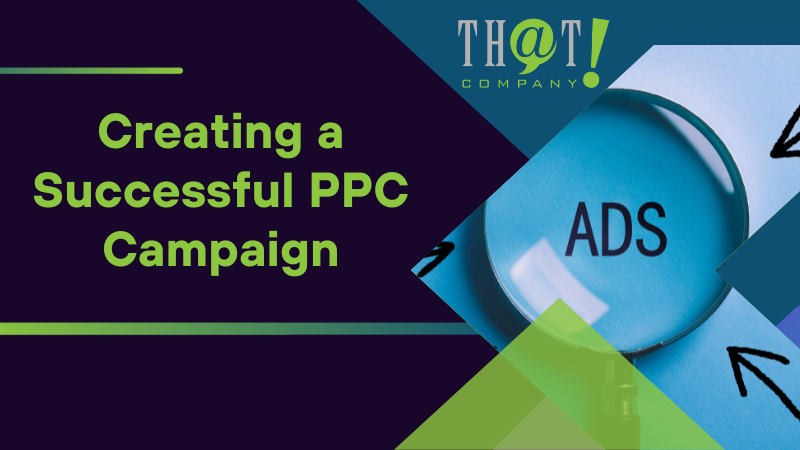
Creating a successful PPC campaign entails setting clear goals and budgets, conducting thorough keyword research, and optimizing ad creatives for maximum performance. By following a strategic approach and employing best practices, businesses can effectively leverage PPC advertising to achieve their marketing objectives and maximize their return on investment.
We will detail the vital steps required to build a successful PPC campaign in the subsequent paragraphs, including setting goals and budgets, keyword research and selection, and ad creation and optimization.
Setting Goals and Budgets
Establishing goals and budgets for a PPC campaign is crucial for aligning advertising efforts with broader marketing objectives and managing ad expenditure. By defining specific goals, advertisers can better understand the desired outcomes of their PPC campaigns and design their ads, targeting options, and landing pages accordingly.
Setting a budget for a PPC campaign helps businesses control their ad spend and ensure that they are investing in the most effective keywords, ad creatives, and targeting options. By monitoring campaign performance and adjusting budgets as needed, advertisers can optimize their PPC campaigns for maximum return on investment.
Keyword Research and Selection
Keyword research and selection are critical components of a successful PPC campaign. By targeting the right keywords, businesses can ensure that their ads appear in front of the most relevant audience, driving targeted traffic to their website or landing page.
To conduct effective keyword research, advertisers can utilize keyword research tools to identify high-performing keywords and group them to enhance targeting. It’s essential to continuously monitor the performance of keywords during a campaign and adjust bids accordingly to ensure that ad spend is allocated to the most effective keywords.
Ad Creation and Optimization
Ad creation and optimization are vital steps in developing a successful PPC campaign. Here are some key strategies to consider:
- Create compelling ad copy that grabs attention and entices users to click.
- Design visually appealing creatives that align with your brand and message.
- Test different ad variations to see which ones perform best.
- Track the performance of your ads to gather data and insights.
- Use the data to optimize your campaigns and improve ad performance.
By following these strategies, you can maximize the effectiveness of your PPC ads and drive better results.
Implementing best practices for ad creation and optimization, such as segmenting ads into smaller, more focused clusters, can maximize click-through rates (CTR) and Quality Scores, leading to better ad placements and higher return on investment. Continuously testing and refining ads based on data ensures that PPC campaigns remain effective and drive the desired results.
White Label PPC Services: Growing Your Agency with That! Company
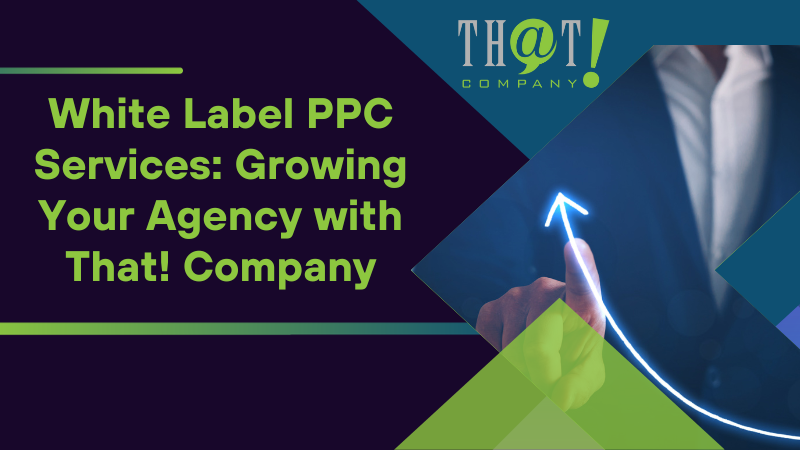
As a marketing agency, offering PPC services to your clients can be a valuable addition to your digital marketing offerings. However, managing PPC campaigns in-house can be time-consuming and resource-intensive. This is where white label PPC services from That! Company can help.
White label PPC services enable you to:
- Resell PPC advertising
- Streamline your operations
- Focus on other aspects of your business
- Ensure that your clients receive top-notch service
In the subsequent paragraphs, we will outline the benefits of white label PPC services and offer guidance on selecting the appropriate white label PPC agency.
Benefits of White Label PPC Services
White label PPC services offer numerous benefits to marketing agencies, such as cost-effective advertising, increased client satisfaction, and the ability to expand their digital marketing offerings. By outsourcing PPC management to a specialized white label agency, businesses can save on the costs associated with hiring and training in-house PPC specialists while providing high-quality services to their clients.
Another significant advantage of white label PPC services is the ability to resell PPC advertising at your price, enabling you to customize your pricing structures to suit your clients’ needs and maximize your profit margins. By leveraging white label PPC services, you can grow your agency and strengthen your client relationships without compromising on quality.
Choosing a White Label PPC Agency
Selecting the right white label PPC agency is crucial for ensuring that your clients receive the best possible service and results. When evaluating potential agencies, consider factors such as:
- Qualifications
- Partnerships
- Pricing structures
- The agency’s approach to PPC management
It’s essential to partner with a white label PPC agency that has a proven track record of success, as well as expertise in various PPC platforms such as Google Ads, Microsoft Advertising, and social media platforms. By choosing a reputable and experienced agency, you can have confidence in their ability to consistently deliver superior results and grow your agency through white label PPC services.
Measuring and Optimizing PPC Campaign Performance
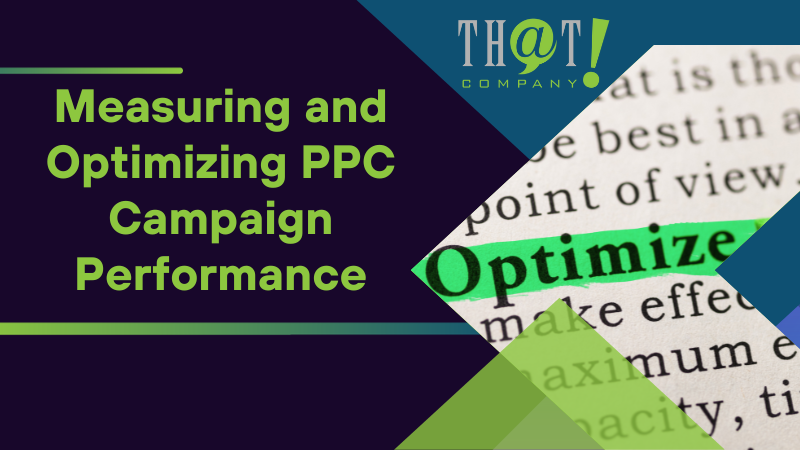
To ensure the success of your PPC campaigns, it’s essential to measure and optimize their performance continuously. By monitoring key metrics and using specialized tools, you can make data-driven decisions to improve ad performance and maximize your return on investment.
In the subsequent paragraphs, we will outline the key PPC metrics to monitor and the tools available for PPC management and analysis, which can assist in optimizing your campaigns for improved results.
Key PPC Metrics to Monitor
Monitoring key PPC metrics is crucial for evaluating the performance and effectiveness of your advertising campaigns. Some of the most important metrics to track include:
- Clicks
- Impressions
- Click-through rate (CTR)
- Cost per click (CPC)
- Conversion rate
- Return on ad spend (ROAS)
By keeping a close eye on these metrics, you can gain valuable insights into the success of your campaigns, pinpoint areas for improvement, and make informed decisions to optimize your PPC strategy. Tracking these metrics also helps you understand which keywords, ads, and landing pages are driving the most conversions and ROI, allowing you to adjust your budget and targeting accordingly.
Tools for PPC Management and Analysis
Various tools are available for PPC management and analysis, such as:
- Google Analytics
- Google Ads
- Microsoft Advertising
- Several third-party software solutions
These tools enable advertisers to monitor performance and optimize campaigns, providing valuable insights and data to help make informed decisions and refine PPC strategy for maximum results.
Some of the highly rated third-party software solutions for PPC management and analysis include:
- Acquisio
- Adalysis
- Optmyzr
- Serpstat
By leveraging these tools in conjunction with platform-specific tools like Google Analytics and Microsoft Advertising, you can effectively track, analyze, and optimize your PPC campaigns for improved performance and ROI.
Summary
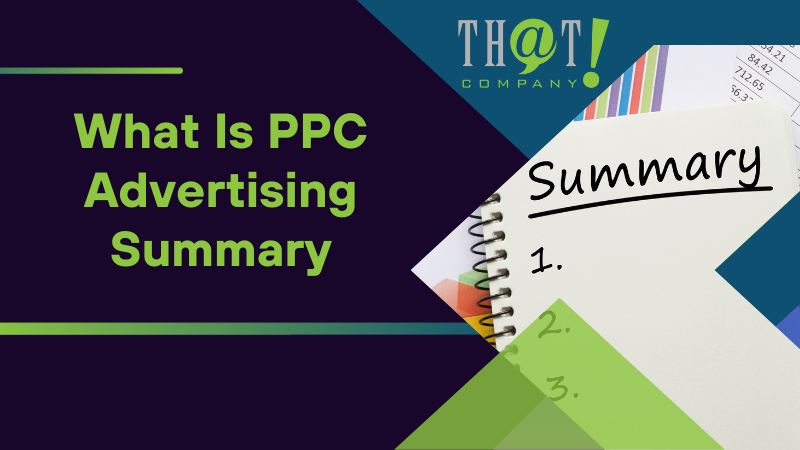
In conclusion, PPC advertising is a powerful and cost-effective digital marketing strategy that can drive targeted traffic, generate leads, and boost sales for your business. By understanding the basics of PPC advertising, choosing the right platforms, and optimizing your campaigns, you can maximize your return on investment and achieve your marketing objectives.
With the help of white label PPC services, marketing agencies can expand their digital marketing offerings, streamline their operations, and provide top-notch services to their clients. By measuring and optimizing campaign performance, businesses can ensure their PPC efforts deliver the best possible results. So, take advantage of the potential that PPC advertising offers and watch your business grow.
Frequently Asked Questions
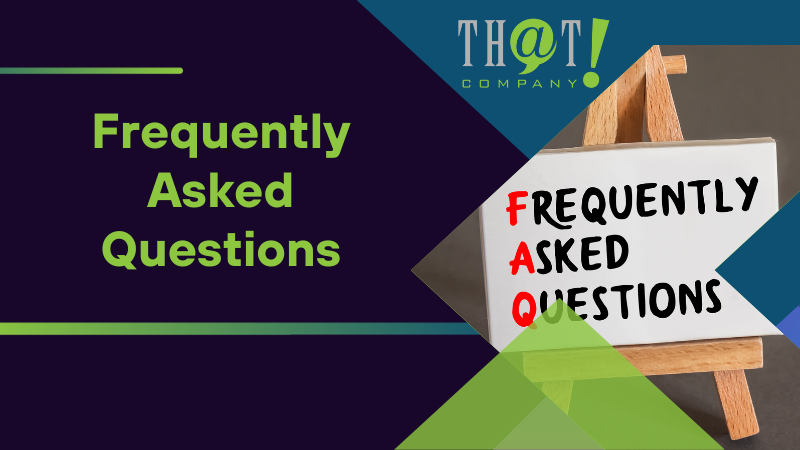
What is PPC advertising in marketing?
PPC, or pay-per-click, is an online marketing strategy where businesses pay for their ads to be clicked on by users. This form of advertising allows them to control costs and directly target the consumers they want.
What is an example of a PPC ad?
Search engine marketing (SEM) is a common example of a PPC ad, featuring ads in search engine page results. Additionally, PPC ads can be found on social media, Amazon, YouTube, and websites within publisher ad networks.
What are PPC vs Google ads?
PPC is an auction-based platform where advertisers place bids to have their ads appear in various online locations. Google Ads is Google’s PPC advertising solution, where businesses pay per click on their ad for a chance to have it show up in Google search results.
Are PPC ads worth it?
PPC can be an effective digital marketing tool when utilized with the right strategies. It is especially useful for quickly achieving desired results and targeting specific audiences, making it a worthwhile investment.
What does PPC stand for?
PPC stands for pay-per-click, an internet marketing method in which advertisers pay a fee each time their ad is clicked in the search results.

